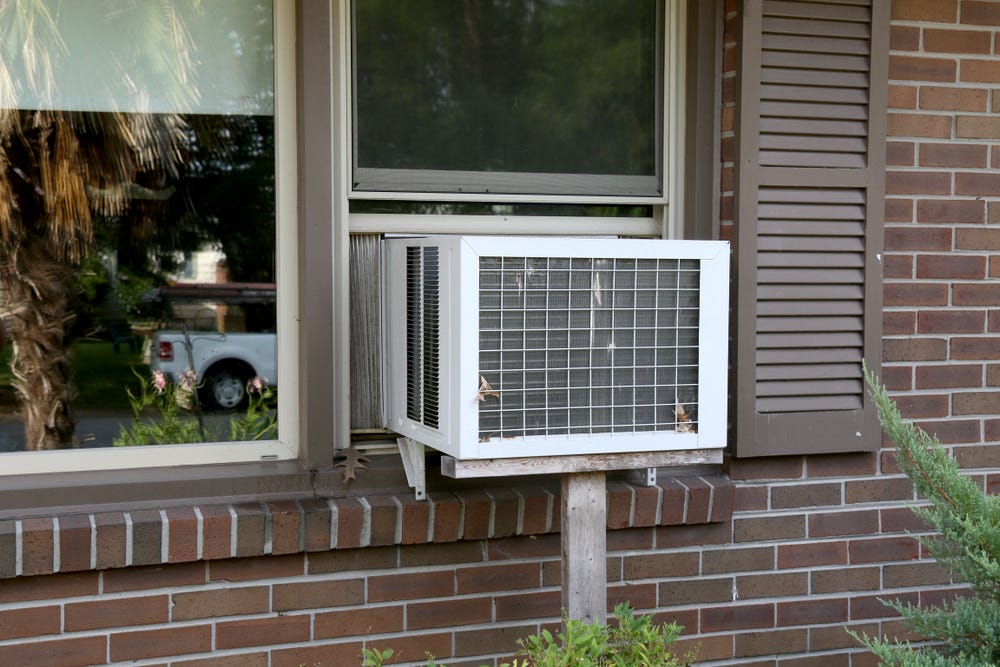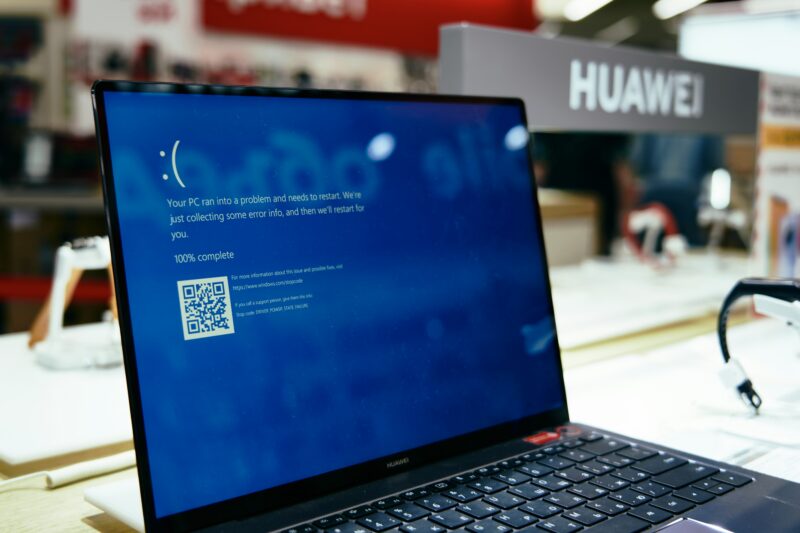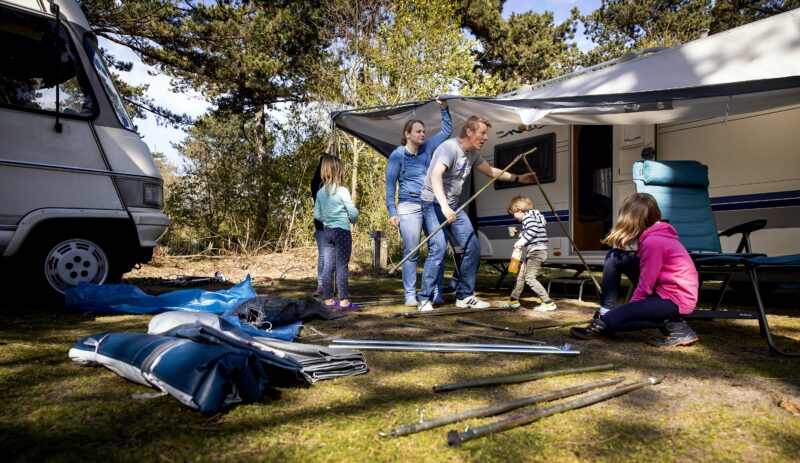- Getting a good night’s sleep when dealing with hot weather and no air conditioning can sometimes be tough.
- To beat the heat, try trading in your standard pillows for cooling, foam versions.
- Use sheet sets made from light and airy fabrics like linen.
- Take time to strategically place fans in your bedroom.
- Visit Insider’s homepage for more.
As summer heats up, the air conditioning can play a key role in achieving a comfortable night’s sleep.
But if your building isn’t equipped with central air conditioning, you want to avoid raising your electricity bills, or you simply don’t own an AC unit, you may find yourself in a tricky position as temperatures continue to rise.
Here are some tips for staying cool and comfortable at night in an AC-free zone.
Trade in your regular pillows for cooling, foam ones.
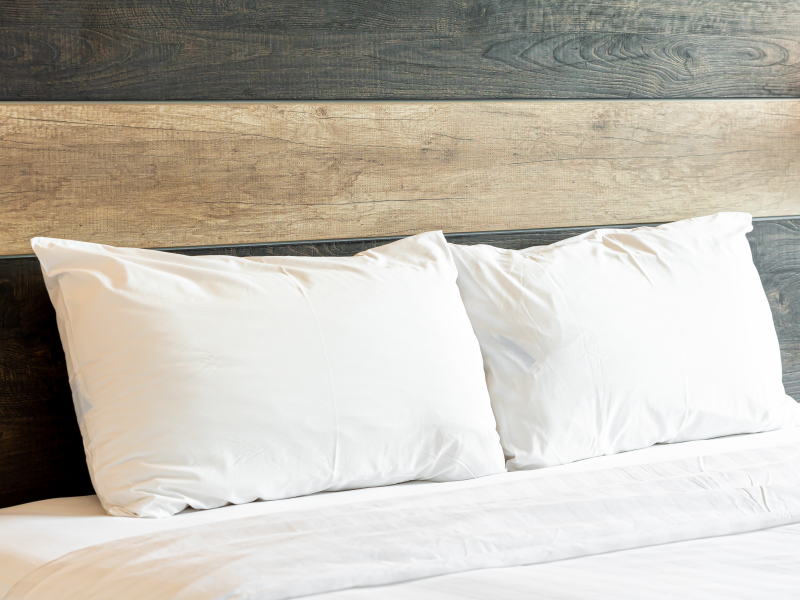
Because a lower physical temperature naturally promotes sleep, according to the National Sleep Foundation, taking steps to bring down your body heat can improve your summertime slumber.
If you want to cool down quickly, it helps to start with the point between your skull and your neck, which contains the part of the brain responsible for sensing and managing body temperature.
If you want to keep your neck cool and supported overnight, a cooling foam pillow provides an easy solution. Versions stuffed with foam and gel can be found from brands like Tempur-Pedic ($99.99) or, for a more budget-friendly option, from Therapedic ($50).
Seek out sheet sets made from light and airy fabrics.
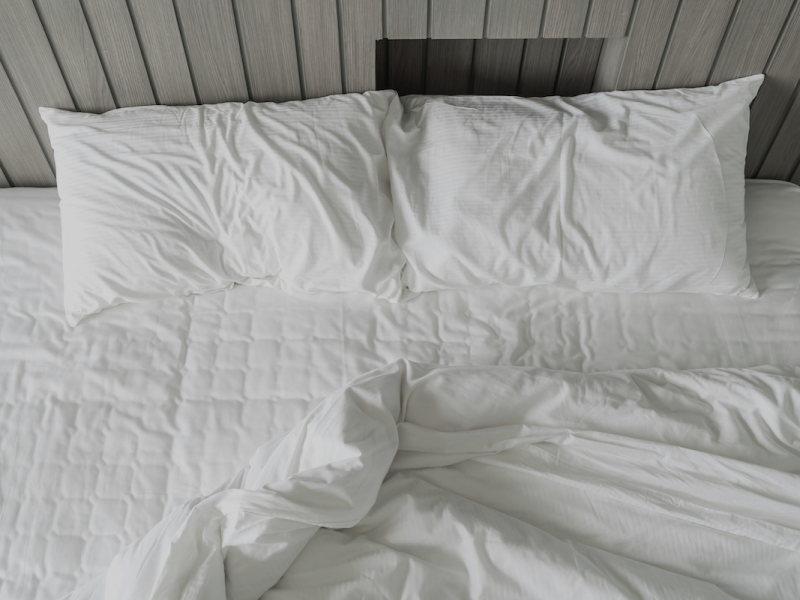
When it's hot outside (and inside, due to your lack of an AC unit), sheets made from heavier fabrics like polyester, wool, and even certain cottons only add to the sweat-inducing conditions of your bedroom.
To promote good airflow and keep you from overheating, you'll want to invest in a set of super-breathable sheets designed for warm climates.
Linen sheets accomplish this task well, and if you don't want to shell out for an all-linen set (which can cost well over $100), linen-blend sheets can be found for under $60.
Don’t forget to keep water by your bed.
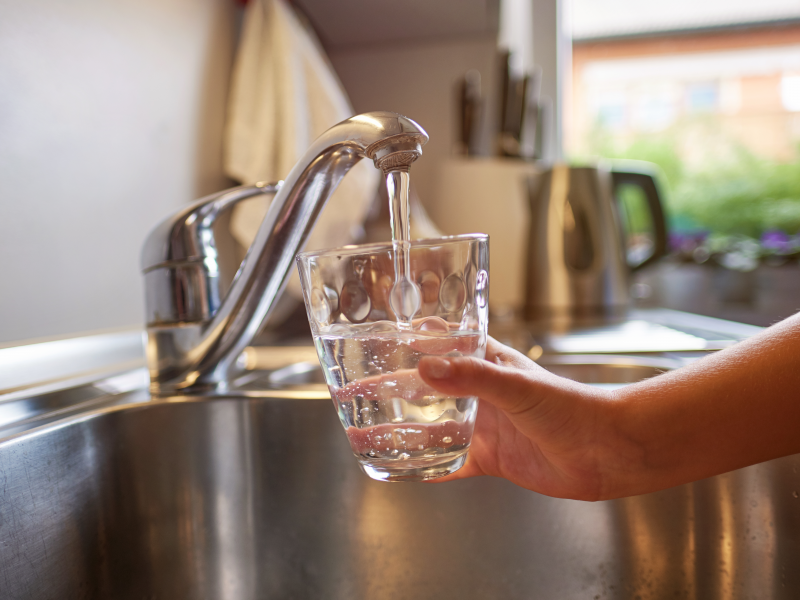
Dehydration makes it hard to regulate body temperature and this principle holds just as true overnight as it does during your daytime workout sessions.
If you feel uncomfortably warm as you're nodding off, a few sips of water can help release stored heat inside your body and bring you some much-needed relief.
On especially steamy summer nights, you'll want to keep a pitcher of cold water and a glass on your bedside table, so you're ready for an impromptu cool-down.
Be sure to add some ice cubes to the pitcher in order to keep it staying cold for a longer period of time.
With a bit of imagination, fans can make a real difference.
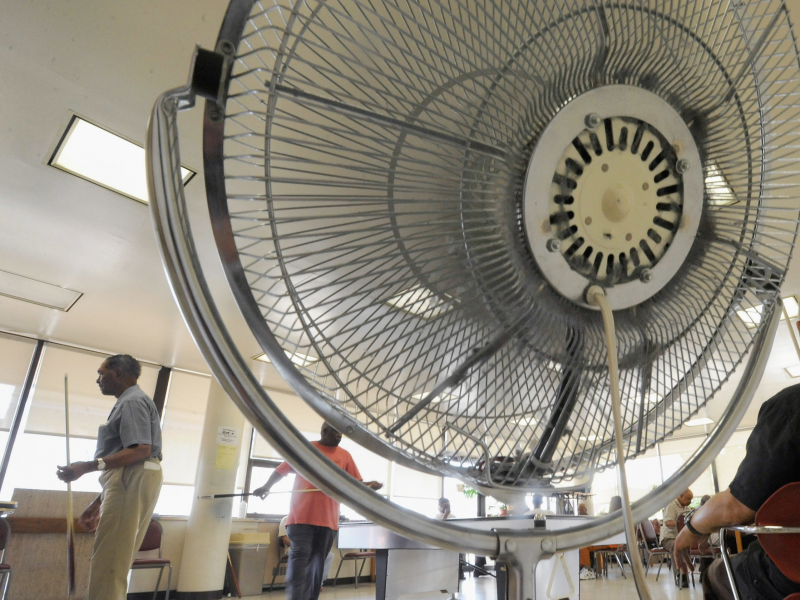
There's plenty of skepticism around the effectiveness of standing fans and their window-mounted equivalents - but if you pay attention to the positioning and set-up of your fan situation, you'll get a lot more mileage out of these machines.
Smarter living editor Alan Henry of the New York Times recommends placing a room fan in front of a bowl filled with ice. As the ice melts, the fan's breeze distributes the water vapor, giving you a nice waft of cool air.
Or, according to Lifehacker, positioning a window fan so it's facing outward will blow hot air out of your stifling room.
As the outdoor temperatures drop overnight, the displaced warm air will be replaced by cooler air. If you leave a second window open for a cross-breeze, this can increase the effectiveness of this method.
Lose the incandescent lights and unplug as many electronics as possible.
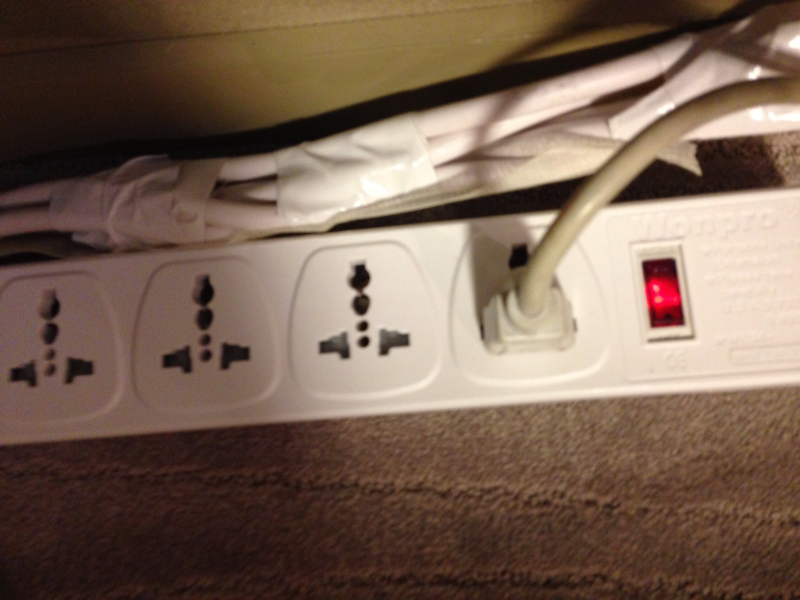
Incandescent lightbulbs are the most popular light sources in America, but they actually transmit as much heat as they do light, making them a bad choice for hot weather, according to Good Housekeeping.
During the summer season, it makes sense to swap your incandescents out for LEDs or compact fluorescents, both of which have superior energy efficiency and therefore produce less heat.
Similarly, keeping your electronics connected to power sources also generates heat, so try unplugging wherever possible.
Read More:
10 easy tricks for drinking more water
10 signs you're drinking too much water
11 ways you're secretly sabotaging your sleep
7 summer beauty tips to help you beat the make-up-melting heat
